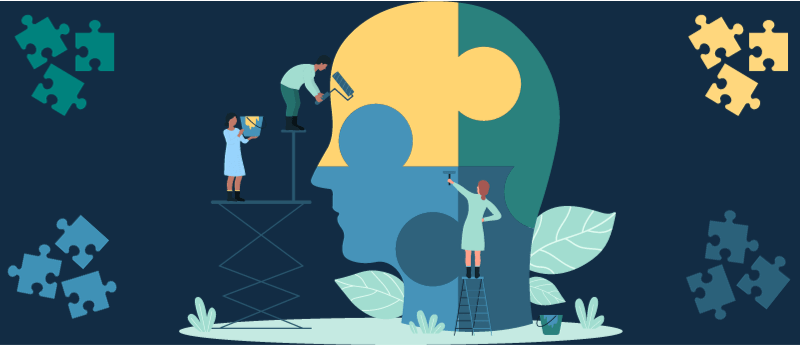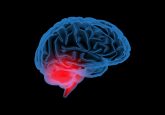What are the long-term impacts of childhood trauma on the brain?

 Leland Fleming is a postdoctoral Research Fellow in the lab of Kerry Ressler at Harvard Medical School and McLean Hospital (both MA, USA). Fleming investigates the long-term impacts of childhood trauma on the brain and overall aging.
Leland Fleming is a postdoctoral Research Fellow in the lab of Kerry Ressler at Harvard Medical School and McLean Hospital (both MA, USA). Fleming investigates the long-term impacts of childhood trauma on the brain and overall aging.
In this interview, Neuro Central Editor Annie Coulson, speaks with Fleming about the multigenerational impact of childhood trauma. Fleming speaks through his current research project, including techniques used, challenges encountered and next steps for the work.
How does childhood trauma affect the adult brain?
We saw that when an individual experiences trauma during childhood, it affects the structure of the brain. For example, if we look at regions in the visual cortex, we can see that the size or the cortical thickness of those regions is decreased in adulthood if that person has experienced childhood trauma. This seems to be especially true in cases where the trauma involved a strong visual component, such as witnessing domestic violence. We also see an association between having experienced childhood trauma and the pace of biological aging later in a person’s life.
